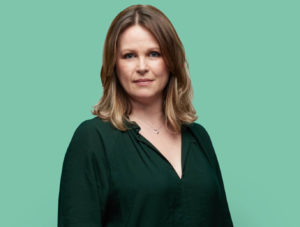Where does a copywriter’s remit end? Is it simply about supplying the right words, or does it go beyond that?
It’s not about words. They’re only half of what I do. Ads are about the way words and pictures communicate an idea, so I work in partnership with an art director and we come up with campaign ideas together. How each idea is expressed is a joint effort. So the way that words, images, media and digital elements are used is all up for discussion. I tend to turn down work where the expectation is that I supply words in a Microsoft Word document, as it’s essentially tying one arm behind my back.
Are there any differences at all between writing for B2B and B2C. If so, what might they be?
I’ve never understood the distinction. It’s an agency’s job to communicate in a distinctive way, so each brand is intriguing and relevant to its audience. It makes no difference if you’re talking to families buying baked beans or finance directors buying software packages. You still have to understand what each audience wants and tell them about your product in an interesting way. The idea that all B2B brands are in some way inherently different to B2C brands is nonsense.
I feel the digital world has made us very channel centric (particularly in a B2B context) and marketers would perhaps benefit from focusing a little more on the content that feeds those channels. What’s your perspective on this?
I know what you mean, but most agencies I work with are still predominantly focused on “idea” based advertising. And successful campaigns will always be built around successful messaging. Fixating on media channels is just a phase that we’re going through (I hope).
In your experience, who should be at the creative helm – the copywriter or someone else?
It’s a team effort. Always. It’s like making a movie. Every movie has a director to make decisions, but they can’t achieve anything without a cast, a crew, an art department, a script writer and someone to pay the bills.
If you had to look for one quality in a copywriter, what might it be?
As Dave Trott says, “Energy trumps talent”. People who are determined to get decent work out into the real world are the ones that do.
Tell me one thing that really frustrates you off in the marketing world? Something that you keep seeing people get wrong.
I don’t have the mental energy to get annoyed by stuff. There’s enough great work being done not to dwell on the negatives. But we all know that 90% of marketing is dross. That’s due to the inherent contradiction of the business we’re in. Ads are bought by clients, but consumed by normal people, and clients generally want to produce work that’s safe, familiar and makes them feel good about themselves. A bit less self-indulgent ego-massaging and a bit more populist entertaining would go a long way.




